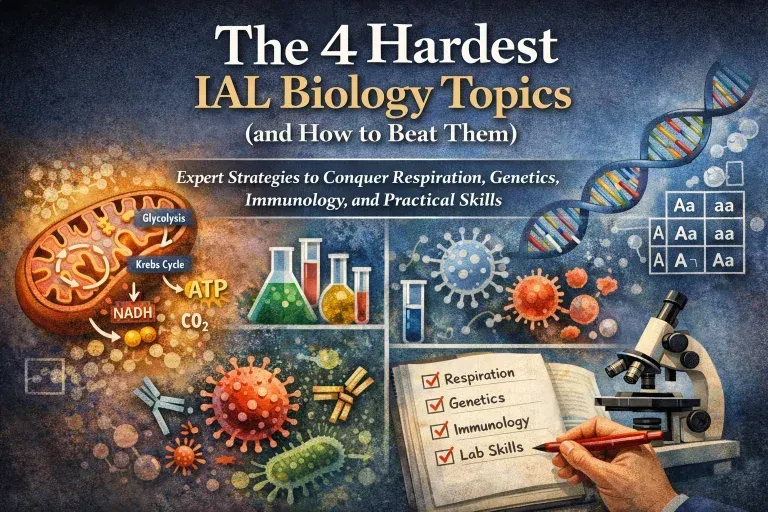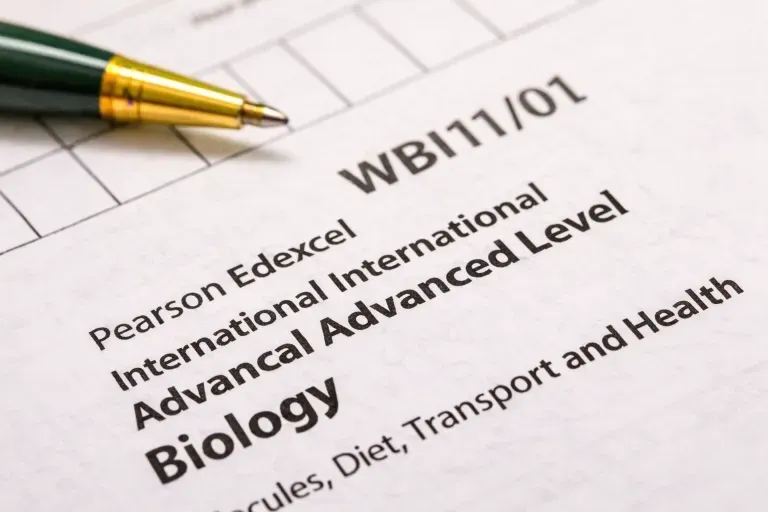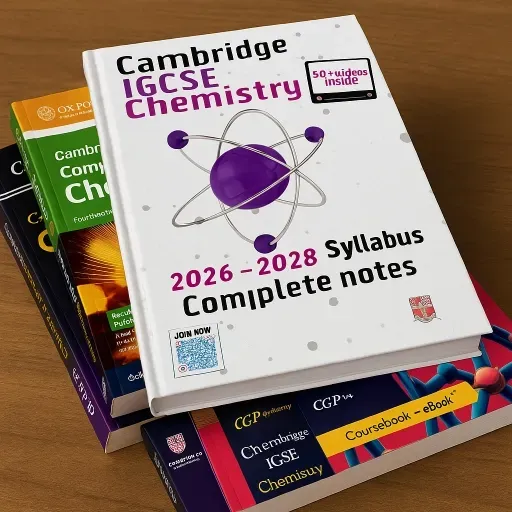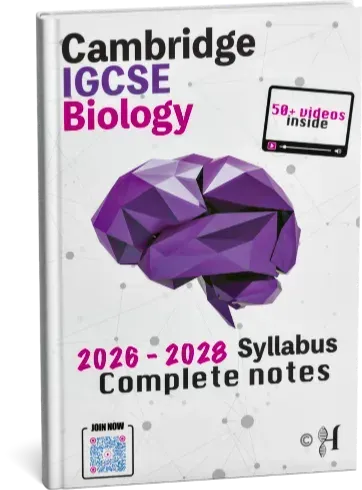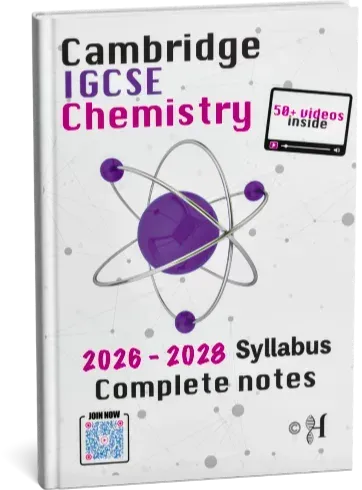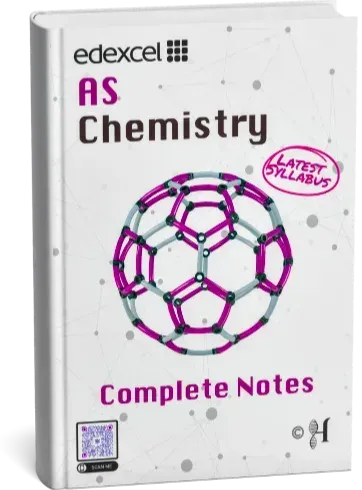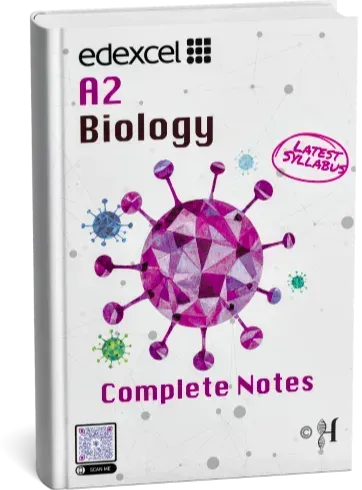Mastering Edexcel IAL Chemistry Unit 3: A Practical Guide to Success
Easy yet effective study tips for your upcoming exam

1. Introduction
The Edexcel International Advanced Level (IAL) Chemistry Unit 3 exam is a pivotal assessment that tests students' practical skills and theoretical understanding of chemistry concepts. Mastering this unit is essential for achieving success in the overall qualification. This blog aims to provide a comprehensive guide to help students navigate the complexities of the Unit 3 exam effectively. By focusing on the exam structure, key topics, and effective study strategies, students can enhance their preparation and boost their confidence.
2. Understanding the Exam Format
The Unit 3 exam is structured around four main questions, each targeting different areas of chemistry. These include:
- Group Chemistry: This section often requires students to identify ionic compounds based on various observations, including flame colours and precipitate formations.
- Organic Chemistry: Students are typically tested on practical skills related to the oxidation of alcohols and the drawing of apparatus setups, such as fractional and simple distillation.
- Titration: This part of the exam focuses on the techniques used in titration, including the identification of indicator colours and the steps necessary for accurate titration.
- Energetics: Questions in this section revolve around enthalpy changes and Hess's law, requiring students to perform calculations and understand energy cycles.
It is crucial to note that candidates will not be provided with data sheets for observations during the exam. As such, memorising key practical details is essential for success.
3. Breakdown of Key Topics
3.1 Group Chemistry
Understanding group chemistry is vital for success in the exam. Students should focus on:
- Flame Colours: Memorise the characteristic colours produced when various metal ions are heated in a flame.
- Precipitate Colours: Learn the colour changes that occur when specific ionic compounds react to form precipitates.
- Observational Skills: Practice identifying ionic compounds based on experimental observations.
To reinforce this knowledge, students should initially use open notes for practice, gradually transitioning to closed-note tests to ensure they can recall all necessary details without assistance.
3.2 Organic Chemistry
Organic chemistry is another critical area of focus. Students should:
- Master Practical Procedures: Concentrate on the oxidation of alcohols and the expected results of these reactions
- Drawing Apparatus: Develop the ability to accurately sketch common laboratory setups, such as fractional and simple distillation apparatus. This skill is frequently assessed in the exam.
Practising these techniques will help solidify understanding and improve performance in practical assessments.
3.3 Titration
Titration techniques are essential for Unit 3. Key areas to study include:
- Indicator Colours: Familiarise yourself with the colour changes associated with various indicators used in titrations.
- Accurate Titration Techniques: Understand the step-by-step process of conducting a titration, including how to measure volumes accurately and how to interpret the resulting data.
Regular practice with titration problems and calculations will enhance students' confidence and accuracy during the exam.
3.4 Energetics
The energetics section requires a solid grasp of enthalpy changes and Hess's law. Students should:
- Review Unit 2 Concepts: Revisit notes and practice problems from Unit 2, as many questions in Unit 3 will build upon this foundational knowledge.
- Focus on Calculations: Practice common energetics problems, paying attention to calculation steps and potential pitfalls that may arise.
Understanding these concepts will be invaluable for tackling energetics questions effectively.
4. Practicing with Targeted Questions
To deepen understanding and familiarity with the exam format, students should engage in solving topic-specific past paper questions. This practice allows students to:
- Identify Weak Areas: Recognise topics that require further review and focus on those areas.
- Familiarise with Question Formats: Understand the style and structure of questions typically asked in the exam, which can help reduce anxiety on exam day.
By systematically working through classified questions, students can reinforce their knowledge and improve their exam readiness.
5. Mock Exams
Once students have mastered each topic, it is crucial to combine all their knowledge and practice under timed conditions. Mock exams serve several purposes:
- Build Exam Stamina: Simulating exam conditions helps students develop the endurance needed for the actual exam.
- Integrate Knowledge: By answering questions from various topics in a single sitting, students can reinforce their understanding and recall of interconnected concepts.
Regularly scheduled mock exams will help students feel more prepared and confident when it comes time to sit the actual examination.
6. Additional Recommendations
To further enhance preparation, consider the following recommendations:
- Utilise the Official Specification: Ensure that all required practical skills and assessment objectives are covered by referring to the official Edexcel IAL Chemistry specification.
- Review Mark Schemes: Understanding what examiners expect in answers can help students tailor their responses to meet these criteria.
- Focus on Details: Pay attention to commonly tested details, such as colours, apparatus setups, and stepwise methods, as these can significantly impact marks.
- Engage with Online Resources: Joining online courses or watching detailed walkthroughs, such as the referenced YouTube video, can provide valuable insights and guided practice.
7. Conclusion
Mastering the Edexcel IAL Chemistry Unit 3 exam requires a strategic approach that encompasses understanding the exam format, focusing on key topics, and practising effectively. By following the strategies outlined in this guide, students can enhance their preparation and approach the exam with confidence. With dedication and the right resources, success in Unit 3 is within reach.
8. References
• "This will save your Edexcel IAL Unit 3 Chemistry Exam" (YouTube, Watch Here)
• "Mastering Edexcel IAL Chemistry Unit 3: A Practical Guide to Success" (Chem-Bio.info, Read More)
• Edexcel IAL Chemistry Specification (2025-2026) (Chem-Bio.info, View Specification)
• Edexcel IAL Chemistry Specification PDF (Download Here)
This detailed structure provides a comprehensive guide for students preparing for the Edexcel IAL Chemistry Unit 3 exam, ensuring they are well-equipped for success.
Try a free Class
IGCSE and IAL Guide for 2025 - 2026 Exams





